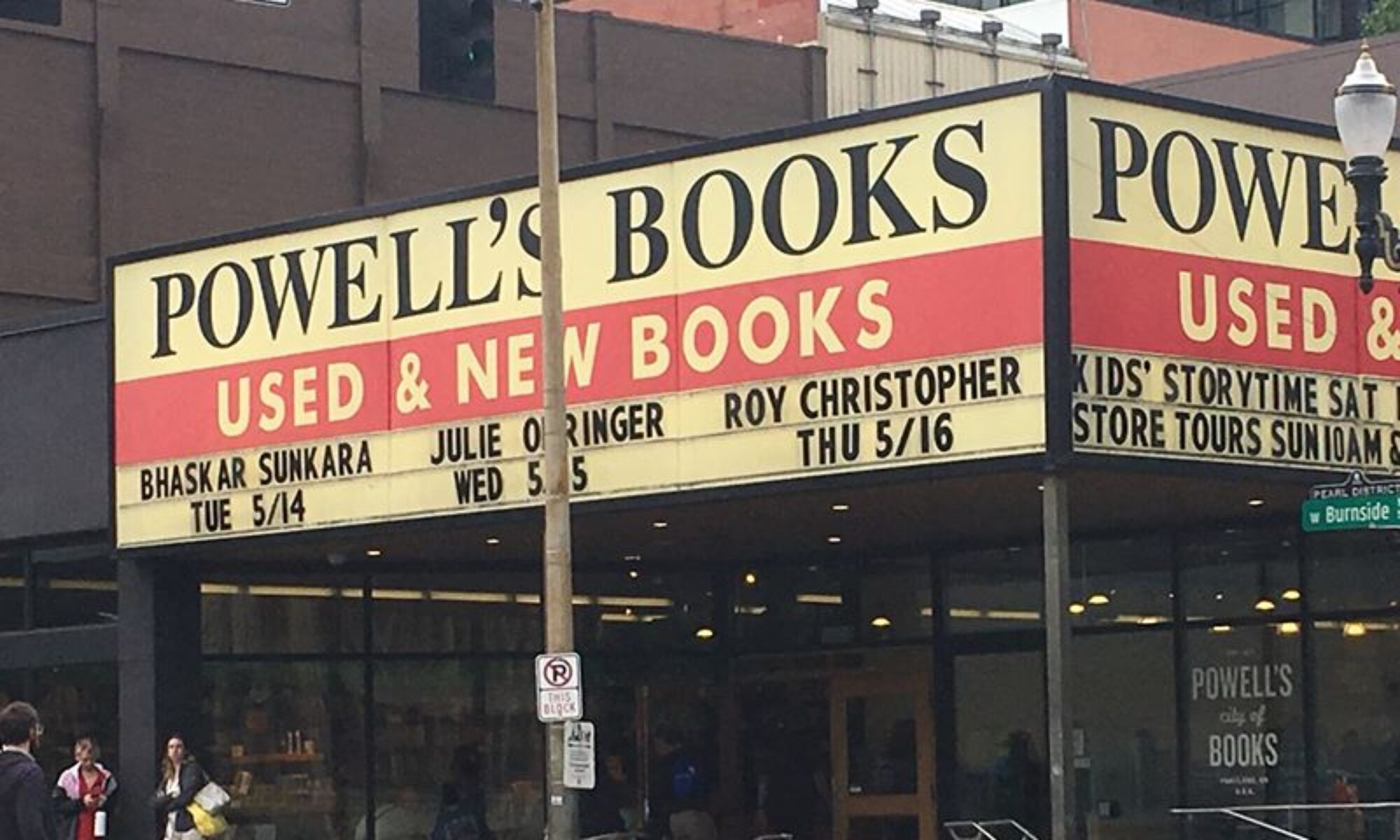 More than anyone else out there today, KRS-One embodies all that is pure and true about Hip-hop music. He is the only artist who had a record out in 1986 who can still rip mics live as good or better than anyone attempting the art form since.
More than anyone else out there today, KRS-One embodies all that is pure and true about Hip-hop music. He is the only artist who had a record out in 1986 who can still rip mics live as good or better than anyone attempting the art form since.
Kris Parker (his real name is Lawrence; he picked up the “Kris” moniker due to his Hare Krishna leanings in his youth) left his Bronx home at age 14. During the years thereafter, he split his time between the streets and the shelters of New York City. It was here that he embraced the burgeoning street culture of Hip-hop and where he met his original DJ, Scott La Rock. Scott was working as a counselor at one of the shelters Kris frequented. The two soon found that they had common interests in music and philosophy and eventually formed Boogie Down Productions.
 Their first record, Criminal Minded (1987), is an oft-imitated, but never duplicated Hip-hop classic rivaled only by Public Enemy’s It Takes A Nation Of Millions To Hold Us Back (1988) in its impact and influence. Shortly before BDP were to commit their follow up record to tape, Scott La Rock was shot. Mystery and rumor shrouds his death even now, but Kris drew strength from the drama and kept BDP at the forefront of Hip-hop.
Their first record, Criminal Minded (1987), is an oft-imitated, but never duplicated Hip-hop classic rivaled only by Public Enemy’s It Takes A Nation Of Millions To Hold Us Back (1988) in its impact and influence. Shortly before BDP were to commit their follow up record to tape, Scott La Rock was shot. Mystery and rumor shrouds his death even now, but Kris drew strength from the drama and kept BDP at the forefront of Hip-hop.
By All Means Necessary (1988) proved once again that BDP was not to be stopped and every subsequent record changed the entire genre in one way or another. The road wasn’t without further potholes though. KRS-One’s forays into activism and organization-building outside of music (the “Stop the Violence” Movement; “H.E.A.L.” and most recently, “The Temple of Hip-hop”) have been met with lukewarm responses and found themselves mired in mediocrity, despite KRS-One’s powerful fusion of Afrocentric consciousness and non-violence. His flirtings with rock music (collaborations with alt-rockers REM and pranksters Too Much Joy) did more damage to his integrity than to his detractors. In 1992, Kris ditched most of the growing BDP crew and released Sex and Violence with only the core members stating that “too many people want something for nothing.”
 Finally, in 1993, KRS-One released his first “solo” record, Return of the Boom Bap. It was a call to return to the roots of Hip-hop. It sounded as strong and pure as the rest of his catalog, but compared to the rest of the Hip-hop milieu, it was obvious why it was titled as such. With stripped-down production, tight beats and lyrical gymnastics, KRS-One and his hired hands (the best underground DJs in the industry: Kid Capri, Pal Joey, Primo, Kris himself, and others) have kept the core of Hip-hop music alive.
Finally, in 1993, KRS-One released his first “solo” record, Return of the Boom Bap. It was a call to return to the roots of Hip-hop. It sounded as strong and pure as the rest of his catalog, but compared to the rest of the Hip-hop milieu, it was obvious why it was titled as such. With stripped-down production, tight beats and lyrical gymnastics, KRS-One and his hired hands (the best underground DJs in the industry: Kid Capri, Pal Joey, Primo, Kris himself, and others) have kept the core of Hip-hop music alive.
While most of the so-called Hip-hop nation is glued to tired over-produced tracks cut-and-pasted by Puffy Combs, Jermaine Dupri, or Master P, Kris is still cranking out the real deal. One Hip-hop classic after another, his collective canon is a testament to how powerful and meaningful Hip-hop can be. Every way in every year since 1986, KRS-One is still proving that “Knowledge Reigns Supreme Over Nearly Everyone.”
[Disinformation, October 18, 2000]

